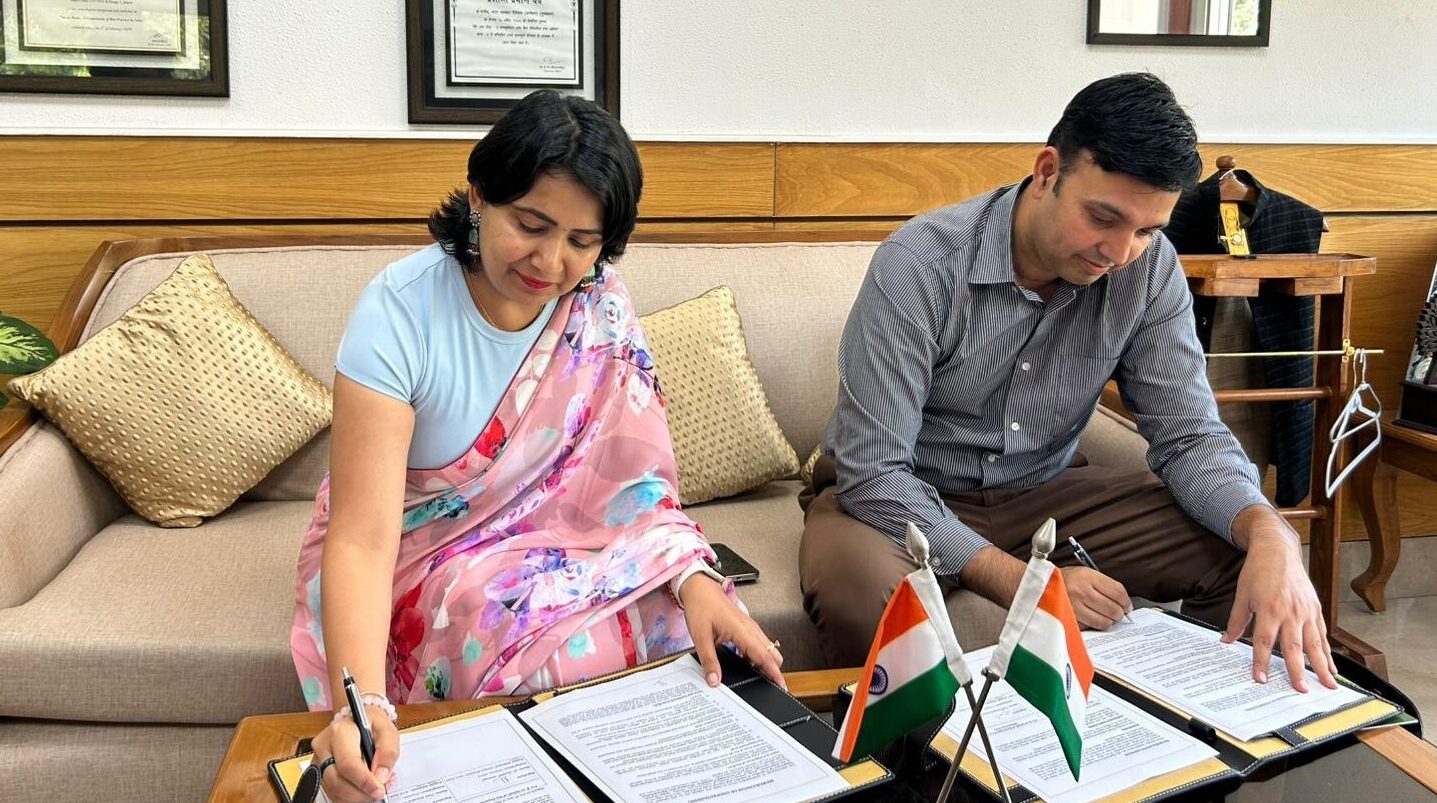Have you ever spotted an unfamiliar charge on your credit card statement? Whether it’s a duplicate transaction, unauthorized purchase, or billing error, such discrepancies can be both stressful and financially inconvenient. The good news? You can resolve it. Here’s a step-by-step guide to help you dispute incorrect credit card charges and recover your money smoothly, as per guidelines from the Reserve Bank of India (RBI) and major Indian banks.
Step 1: Confirm the Mistake Before Acting
Before jumping to conclusions, review the transaction carefully.
Common Mistakes Include:
- Duplicate billing
- Charges from canceled services
- Incorrect amount charged
- Unauthorized use of your card
Sometimes, merchants use third-party billing names that might look unfamiliar. Cross-verify with your purchase history or receipts.
Step 2: Collect All Necessary Evidence
Having clear documentation strengthens your case when you raise a dispute.
Gather These Details:
- Transaction date, ID, and amount
- Merchant name and invoice (if available)
- Screenshots of the charge
- Communication with the merchant, if any
Organizing this information can speed up resolution once you report it.
Also Read: Indian Rupee Weakens: Falls 16 Paise to 85.58 Against US Dollar Amid Global Yield Worries
Step 3: Try Resolving the Issue with the Merchant First
In many cases, the issue can be fixed directly by the merchant.
Tips for Reaching Out:
- Contact their customer support via phone or email
- Explain the issue clearly and provide evidence
- Request a refund or charge reversal
If they acknowledge the error, the refund usually reflects within 5-10 business days.
Step 4: Dispute the Charge With Your Card Issuer
If the merchant does not cooperate, escalate the matter to your bank or card issuer.
Ways to Lodge a Complaint:
- Via mobile banking app or internet banking portal
- Customer care helpline
- Emailing the bank’s grievance redressal department
As per RBI norms, banks must resolve credit card disputes within 60 days of receiving the complaint.
Pro Tip: Report the issue within 60 days of the transaction date for smooth processing. RBI Guidelines
Step 5: Understand the Refund Process and Timeline
Once your complaint is accepted, your bank investigates the matter.
What to Expect:
- Provisional credit may be given during the investigation.
- If the dispute is settled in your favor, the refund will be credited to your card.
- It usually takes 5 to 14 business days, depending on the issuer and network (e.g., Visa/Mastercard).
The refund will be adjusted against your outstanding balance or added to your card’s credit limit. If the bill is already paid, it may reflect as a positive balance.
Step 6: Know Your Rights Under RBI Rules
The RBI’s 2022 Credit Card Guidelines provide several protections:
Key Rules Include:
- Refund Adjustment Rights: If the refund comes after your statement is generated but before payment is due, you can deduct it from your total bill.
- Refund After Bill Payment: If you’ve already paid the bill, the bank must get your explicit consent before adjusting the amount in future bills. Otherwise, the refund must go to your bank account.
- Online Dispute Filing: Card issuers must offer online platforms (web or app) to file disputes easily.
You can escalate your complaint to the Banking Ombudsman if your issue isn’t resolved within 30 days.
Step 7: Stay Alert to Prevent Future Errors
Here’s how you can reduce the chances of incorrect charges:
Preventive Measures:
- Check your statements every week
- Set transaction alerts via SMS or email
- Avoid storing card details on websites or apps
- Immediately report lost or stolen cards
According to the RBI, the liability for unauthorized transactions depends on the speed of reporting. Prompt reporting can limit your financial responsibility to zero.
In Summary
An incorrect credit card charge can happen to anyone, but it doesn’t mean you have to bear the loss. By acting quickly, keeping detailed records, and understanding your rights under RBI regulations, you can ensure your hard-earned money is returned.
Also Read: India’s Crypto Regulation Paper Expected in June 2025 Amid Global Shifts

























